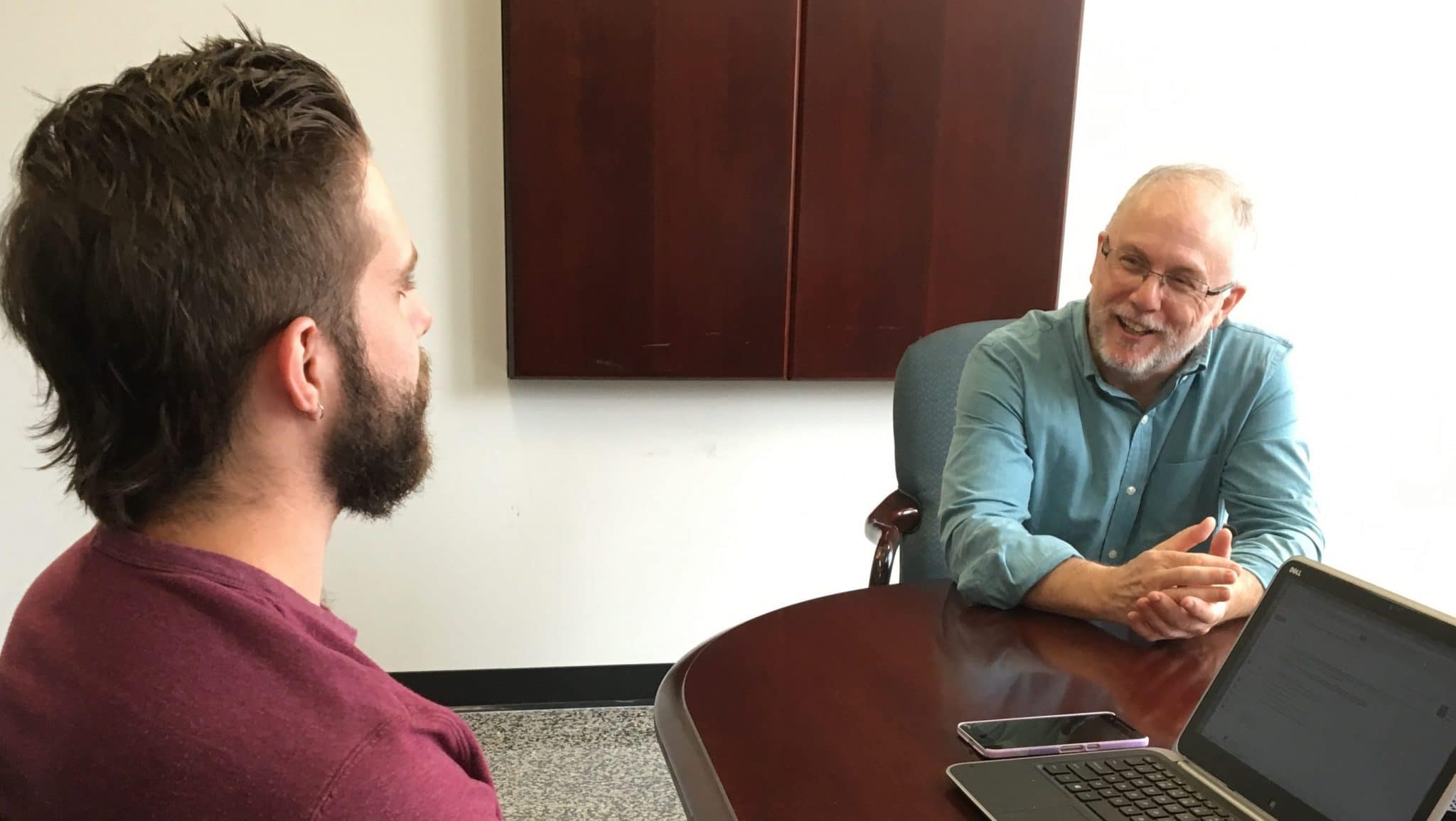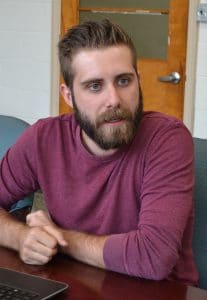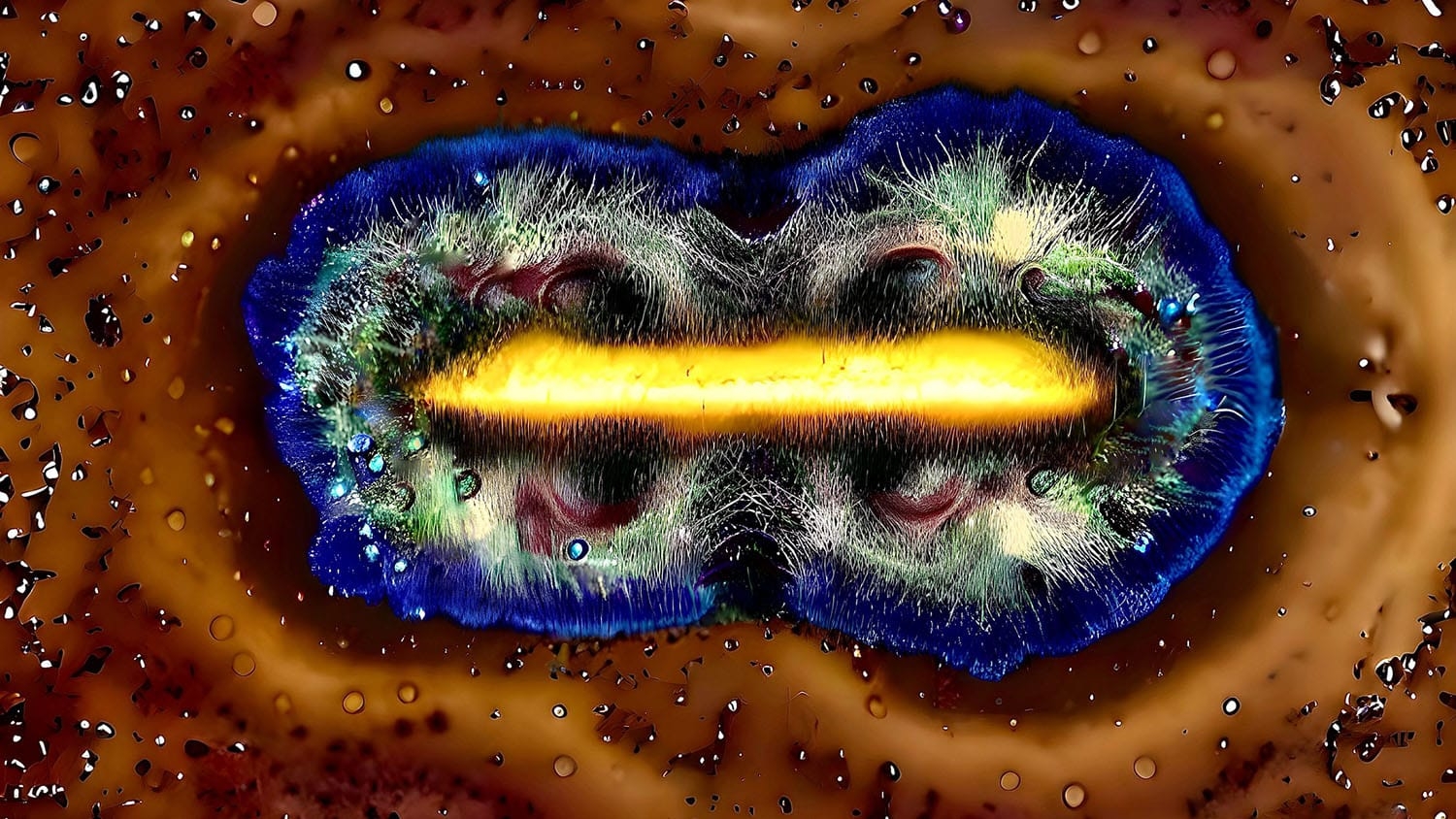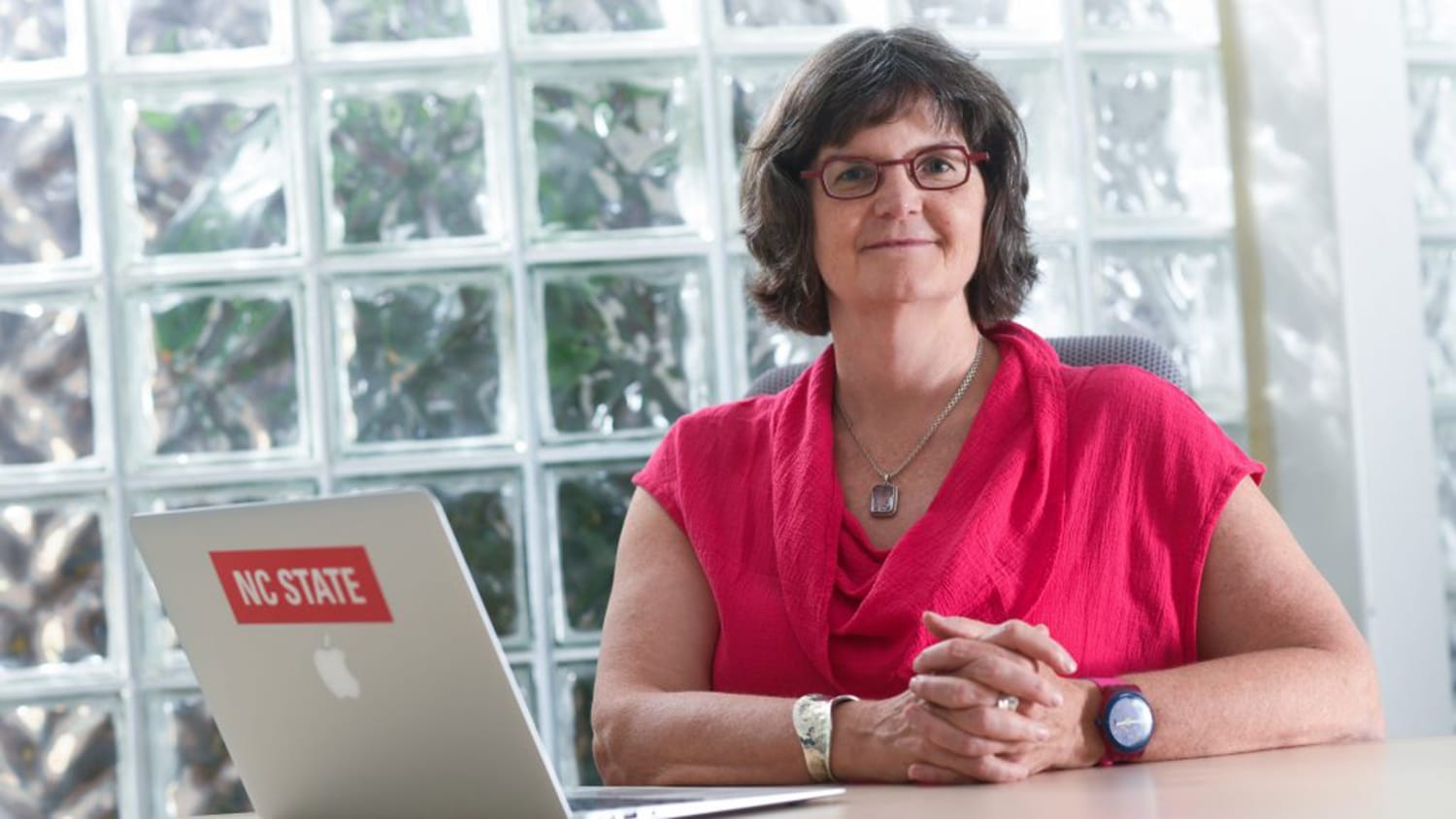My Conversation With Dean Ditto

Physics and mathematics senior Jacob Lineberry sat down with College of Sciences Dean Bill Ditto to discuss his first year at NC State and his efforts to transform the student experience.
This interview has been edited and condensed.
Jacob Lineberry: What brought you to NC State?
Bill Ditto: I came to NC State because of both its longstanding reputation and its recent success. At NC State there is really an ability to fundamentally change how a research university interacts with its students, community and environment. We want to change both the physical environment of the buildings and how those buildings and spaces make you feel and open up to you. That way, you can become engaged in not just the end result of science and human creativity but the whole process: the frustration, the emotion, the excitement. That freedom, sense of excitement and sense of community are what drew me here.

JL: What has been your most meaningful interaction with students here at NC State?
BD: It’s hard to pinpoint just one interaction at all of the different meetings with students, but what I get from all of them is their sense of renewal, their sense that they can invent and reinvent themselves here. That’s the best thing about a university. The ideas never get stale; there’s always something new happening. Where else can you find 40,000 people waking up saying, “I can change the world” or “I’m going to transform my life”? Universities have had this baked into them for 1,000 years. It’s all those intangibles that contribute to the college experience. Think about all the people who went to college and dropped out but went on to change the world. What was it that they got out of the experience at a university? Was it the exposure to failure? All types of encounters, both purposeful and accidental, can change the world or change you.
JL: Which of your roles – entrepreneur, professor, administrator – do you prefer, and why?
BD: I can’t silo those from one another. When you talk about professor, entrepreneur and administrator, those are like DNA woven into the programming of what makes me work. While the university is the base and foundational community, the nice thing about a university is you can do all of those things, and do them all in one day. So, while I can’t say I prefer any one of them, I can say I never get bored because I can shift among all three. That’s the great thing. Each part reinforces the others and freshens you up.
JL: The idea of community seems to be really important to you. How would you like students to get more involved in the college community?
BD: I was a student who didn’t really like to ask questions. I was shy, and I’d just sit in the back quietly. But students need to be engaged socially, in the classroom, or just in seeking out new experiences. As a student, you really need to be in everyone’s face about what they are doing. Ask people things, even if you are shy. Be proactive not just in the classroom, because that’s part of the college experience. As busy as you think you are, you’ll be a different level of busy when you leave. My advice for the students is to enjoy every minute of it and engage, even if that means just wandering around and observing what everyone is doing.
JL: How can we in the College of Sciences strengthen the sense of unity across the multitude of backgrounds represented here?
BD: It’s going to come down to a basic human principle for interaction, which is communication. Universities are all about free speech. We have a moral and practical authority to say you have a right to express your views, even if I find them offensive, difficult or uncomfortable. But, when it gets into things that make you worry about your safety, that’s not acceptable. We need to hold people accountable. What we really can do is educate you that you have a responsibility to know how your speech affects and influences others. It’s about connection and communication. We as a university need to create mechanisms so that people are not isolated and feel safe but can respectfully disagree and challenge each other’s views and assumptions. A university is a safe space, and it’s critical that it maintains that sense of community and communication. When we cross a boundary, when we demean people and we make them feel less or isolated, it is our job to teach and communicate.
JL: How do you see yourself best serving students, the university, and alumni and donors?
BD: It’s really about creating an environment that empowers people to take chances and removes any constraints on their creativity. One of my real responsibilities and goals is to create an environment that does that. It’s about breaking down these barriers that we have between disciplines and showing what’s going on behind closed doors. We can get back to the concept of a university where a person with knowledge is sharing it with others. But you don’t do that with just someone lecturing you while you take notes, and then doing something narrow in a corner somewhere. It’s about all of us mixing it up. Universities are about creating a sense of community and empowerment so faculty, students, staff, alumni and the community can come together and do big things. But we also have to make it clear what we are doing. We have to be inclusive, not exclusive, to everybody around us. Who is going to invest in us if they don’t feel a sense of pride or excitement about something that changed the world? My job is not just keeping the trains running on time, but also creating that experience where everything interacts and has content.
JL: You talk to students a lot. What types of questions do you ask them?
BD: One thing I like to ask is “Who do you expect your future self to be right before you leave the university? Describe yourself on that day.” I think that gives me a good barometer on not just what we’re doing but also how people transform. Because you are not going to get past even one day here without transforming yourself. Every moment of every day should fundamentally change you. There is a quantum mechanics principle where the act of observing something changes the observed and the observer. That’s hard-core quantum physics, and it also applies to people.
- Categories:


